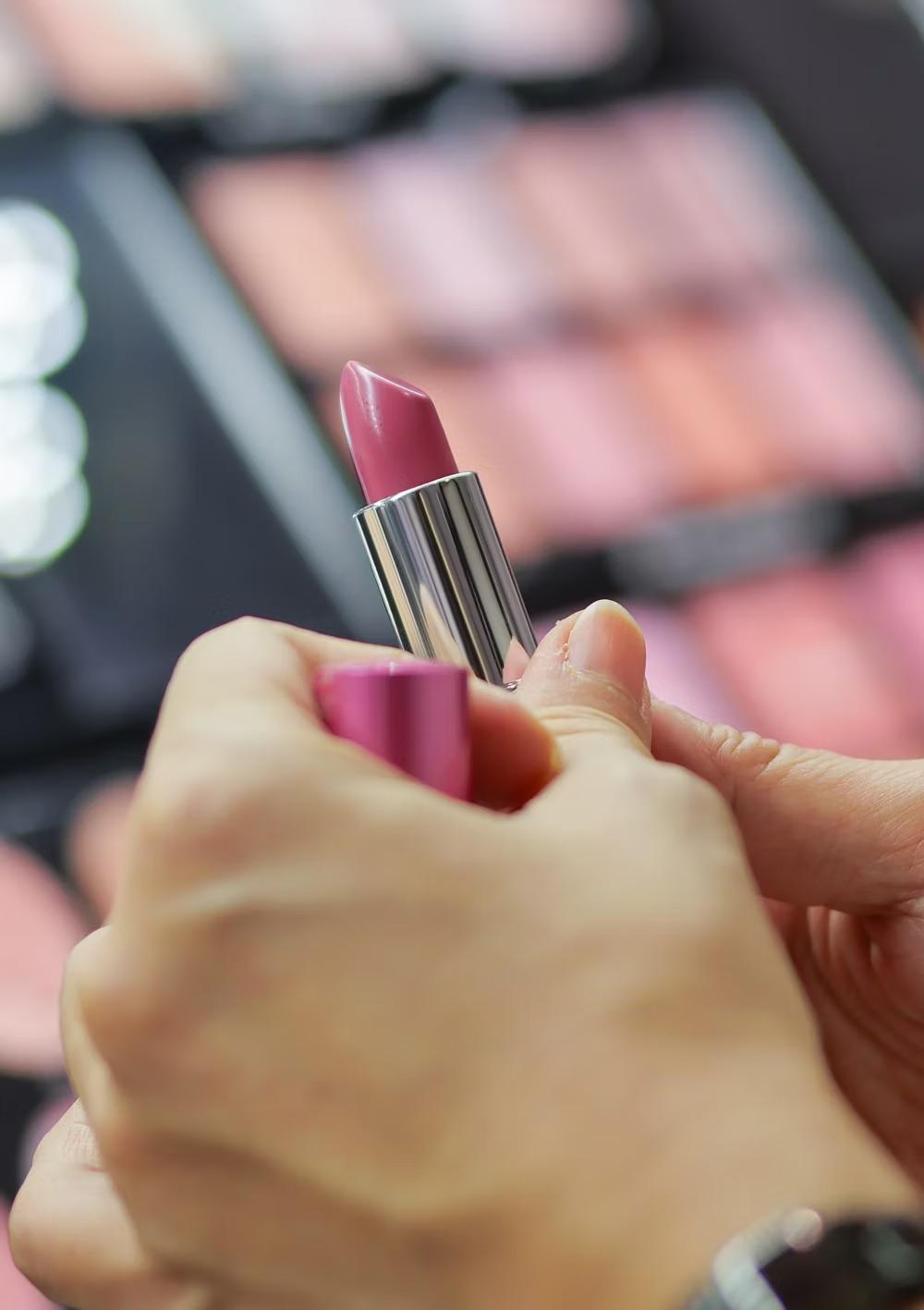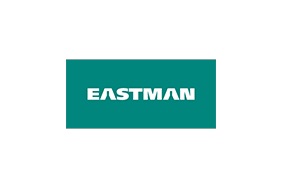Eastman Cristal™ Renew: Creating Sustainable Lipstick Packaging
Moving beyond ABS, Eastman and Axilone team up to design recyclable and refillable lipstick
Published 04-30-24
Submitted by Eastman

The challenge
Axilone, a renowned luxury cosmetics packaging producer with a history of developing sustainable solutions, is passionate about reducing its environmental impact. That includes lipstick packaging, which usually ends up in the landfill. Consumers increasingly want more sustainable material and packaging solutions but expect zero tradeoffs in aesthetics or performance.
Recycling cosmetics poses many challenges. They are often made with a variety of materials and include extensive decoration. Acrylonitrile butadiene styrene (ABS) — a material commonly used in color cosmetics such as lipstick, mascara and compact cases — creates environmental concerns and hinders recycling efforts.
Axilone’s solutions include biobased materials and recycled content, enhancing recyclability with mono-material packaging, and promoting reuse with refillable packaging.
The solution
Axilone and Eastman’s technical service team have long collaborated on cosmetics innovations. When Axilone needed lipstick packaging solutions, the team knew Eastman provided best-in-class service, along with eco-friendly commitments to innovation.
The two companies took up the challenge to create a lipstick design with the environmentally conscious cosmetics consumer in mind. Their goal was to create a recyclable, refillable lipstick with no materials of concern.
The first step was to replace ABS with Eastman Cristal™ One Renew 100 EN059 PET resin. Since it is compatible with the PET recycling stream for all the components, the mono-material packaging does not require disassembly before recycling. The packaging design is refillable and reusable. It also addressed Axilone’s need for a fully smooth-glide operation in the mechanism, which is difficult to achieve with most other recyclable resins.
The result
The newly developed lipstick has a life that extends beyond its initial use. Users can buy refill cartridges and recycle the containers when finished with them. Consumers can feel good knowing their purchase supports the circular economy. The lipstick’s primary packaging is made from 100% certified recycled content* using Eastman's molecular recycling technologies. The new design is also compatible with standard decoration options, delivering a glossy outer finish, perfect color compatibility and exceptional durability.
When designing with Cristal Renew, brands can choose up to 100% certified recycled content packaging. This helps keep plastic waste out of landfills or incinerators. Part of the Eastman Cristal™ One family of resins, Cristal One Renew EN059 is compatible with the PET recycling stream.
“Reducing the environmental impact of our products is at the heart of Axilone’s vocation,” said Reynald Trochel, Innovation Director at Axilone. “Through our partnership with Eastman, and with this mono-material lipstick made with Cristal Renew with 100% certified recycled content, we can simultaneously enhance their recyclability and reinforce the flows of the circular economy with a refillable package.”
Together, we’re making sustainable beauty packaging a reality.
*Certified recycled content is allocated using ISCC mass balance.

Eastman
Eastman
Founded in 1920, Eastman is a global specialty materials company that produces a broad range of products found in items people use every day. With the purpose of enhancing the quality of life in a material way, Eastman works with customers to deliver innovative products and solutions while maintaining a commitment to safety and sustainability. The company’s innovation-driven growth model takes advantage of world-class technology platforms, deep customer engagement, and differentiated application development to grow its leading positions in attractive end markets such as transportation, building and construction, and consumables. As a globally inclusive and diverse company, Eastman employs approximately 14,000 people around the world and serves customers in more than 100 countries. The company had 2023 revenue of approximately $9.2 billion and is headquartered in Kingsport, Tennessee, USA.
About Eastman in the circular economy: In 2019, Eastman became the first company to begin commercial-scale chemical recycling for a broad set of waste plastics that would otherwise be landfilled or, worse, wind up in the environment. Eastman's molecular recycling technologies can process waste plastics traditional mechanical recycling methods cannot—including polyesters, polypropylene, polyethylene, and polystyrene—derived from a variety of sources, including single-use plastics, textiles, and carpet. These technologies provide a true circular solution of endless recycling for materials, allowing them to be reused repeatedly.
To learn more about how we’re working to make a more circular economy visit eastman.eco.
More from Eastman

